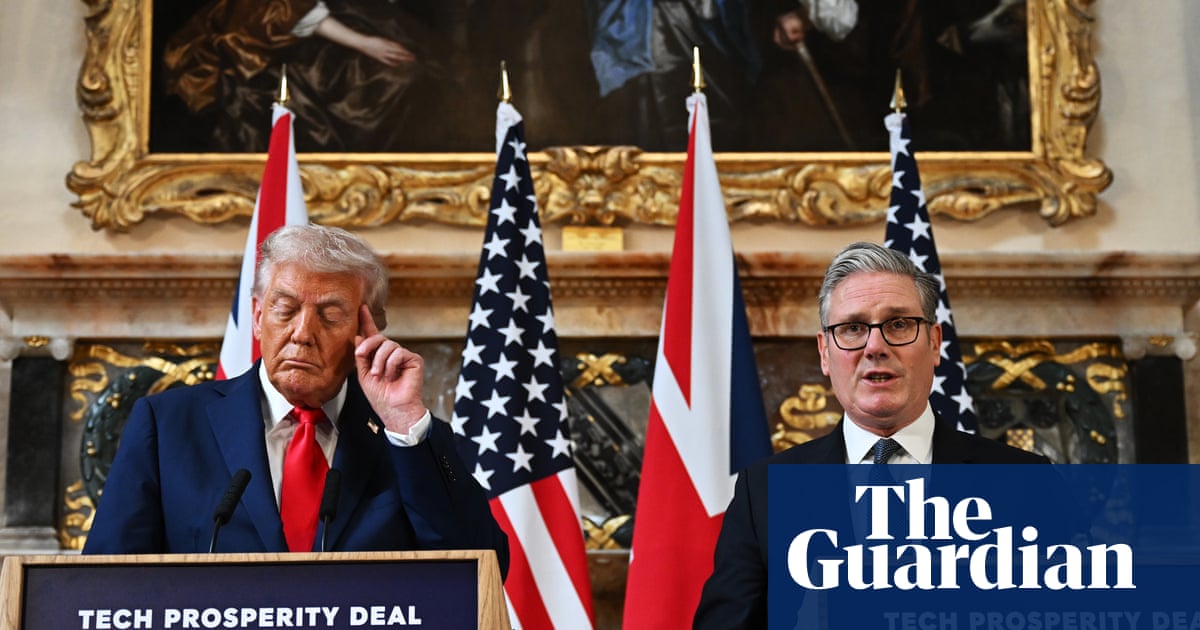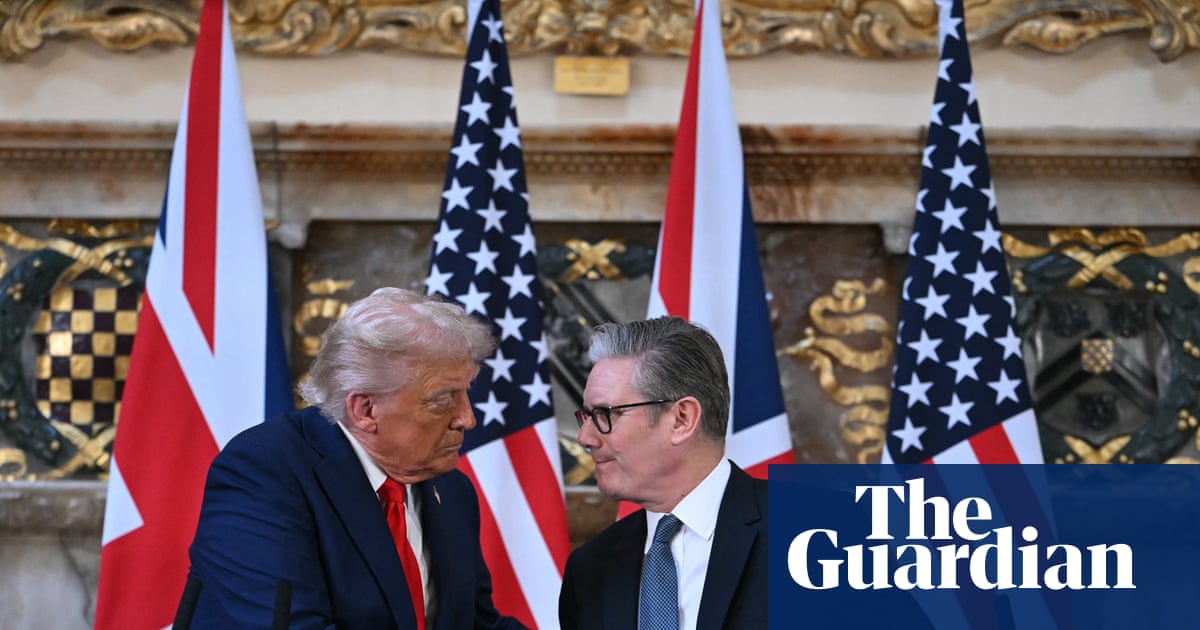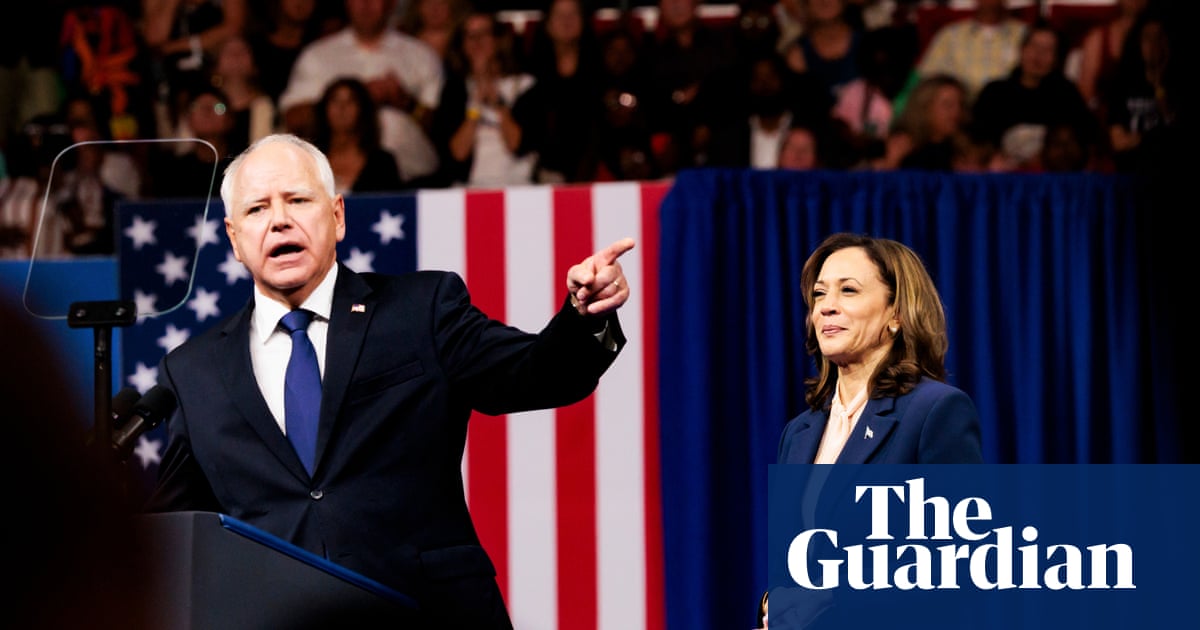Poland will introduce temporary border controls with Germany and Lithuania from next Monday amid growing tensions over irregular migration, the Polish prime minister, Donald Tusk, has said.
The decision, made after a government meeting with the Polish border guard on Tuesday, comes in response to growing domestic political pressure and far-right backed protests at Poland’s border crossings with Germany over the weekend.
In remarks at the beginning of the weekly cabinet meeting, Tusk blamed Germany for the move, accusing it of a policy shift resulting in “effectively refusing entry … to migrants who are heading to Germany to apply for asylum or other forms of status”.
“The way operations are conducted at the Polish-German border has clearly changed over the past month,” he said.
The German chancellor, Friedrich Merz, made a more hardline migration policy a pillar of his election campaign earlier this year. After he took office in May, Germany stationed more police at the border and said some people trying to enter the country would be turned away.
Even before that, Merz’s predecessor in February extended by six months the temporary border checks Germany had imposed on its frontiers last autumn, as it attempted to cut the number of people arriving in the country.
Tusk argued that the recent policy shift had placed undue pressure on Poland to accept individuals denied entry at the German border.
“With no border checks on the Polish side, it becomes difficult to determine whether those being returned or redirected to Poland should be sent there,” he said.
Tusk added that he had spoken “several times” with Merz, warning him that Poland’s “patient stance … was wearing thin”.
“We have been defenders of the Schengen area [the EU’s visa-free travel zone] and remain advocates of a Europe with open borders and unrestricted movement. However, such a system requires the same, symmetrical commitment from all neighbouring countries,” he said.
“Therefore, the temporary reinstatement of border controls on the Polish-German border is necessary to reduce, to the minimum, the uncontrolled flow of migrants crossing … the border.”
According to the EU, member states are allowed to temporarily reintroduce border controls in cases of a serious threat, such as internal security. It says border controls should be applied as a last resort in exceptional situations, and must be limited in time.
In a pointed warning to Merz, Tusk on Tuesday said that if the German government extended one-sided border controls in September, Poland would retaliate with a similar move. “The time when Poland would not respond appropriately to such actions has definitively come to an end,” he added.
Debate over migration in Poland has turned increasingly heated in recent weeks, with far-right activists starting to organise patrols along the border with Germany.
The move to introduce temporary border controls with Lithuania was understood to be linked to the German policy change.
after newsletter promotion
Tusk said that with the heavily militarised Polish-Belarusian border closed to irregular migration, other neighbouring countries were now being used to explore alternative routes into the Schengen area through the Baltics.
As a result, he said, “the stream of illegal migration, orchestrated by Russia and Belarus, continues to flow through Belarus, Latvia, and Lithuania – and Poland, after all, has an open border with Lithuania”.
Merz was asked about Poland’s growing criticism during a joint press conference with the prime minister of Luxembourg.
Speaking minutes before Tusk announced Poland’s decision, Merz said he was aware of Polish concerns and had repeatedly spoken with the Polish prime minister in recent days.
But he insisted that there were “no returns from Germany to Poland of asylum seekers who had already arrived in Germany”.
Merz said the two countries “have a common problem that we want to solve together”.
He added: “We naturally want to preserve the Schengen area, but freedom of movement in the Schengen area will only work in the long term if it is not abused by those who promote irregular migration, in particular by smuggling migrants.”
Associated Press and Reuters contributed to this report

 2 months ago
64
2 months ago
64

















































